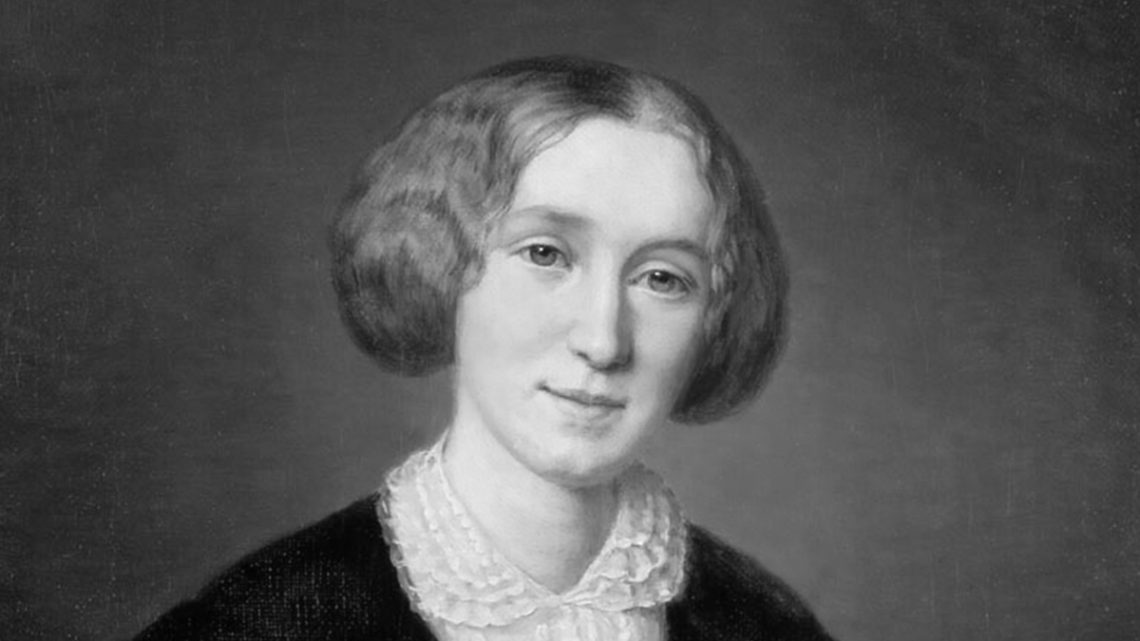A selction of quotes on John Henry Newman by his contemporaries.

Catholic priest, theologian and writer and Professor of Divinity at Oscott College 1877-1880. Author of ‘Newman’ a biography first published in 1904.
“…when Parliament had broken with the old English Constitution and entered on the path which leads to universal suffrage; when Premiers undertook to suppress bishoprics, and popular feeling was strong against the Established clergy, there appeared in Oriel, the centre of enlightenment, a figure which, at all times rare, was then almost unknown to Oxford and England, that of a religious genius, John Henry Newman.”
The Oxford Movement
“During the whole period of my personal acquaintance and communication with Newman, I never had any other thought than that he was more thoroughly in earnest, and more entirely convinced of the truth of what he was saying, than any other man I had come across yet.”
Newman’s friend
“Newman’s whole life had been a struggle for truth,”
Taken from Newman by William Barry. C. Scribner’s Sons, New York, 1904.
“I do not believe there has been anything like his influence in Oxford, when it was at its height, since Abelard lectured in Paris.”
(NOTES FROM A DIARY 1873–1881)
“I have been reading Newman’s Apologia Pro Vita Sua with such absorbing interest that I found it impossible to forsake the book until I had finished it……the Apology now mainly affects me as the revelation of a life – how different in form from one’s own, yet with how close a relationship in its needs and burthens – I mean spiritual needs and burthens.”
“The history of our land will hereafter record the name of John Henry Newman among the greatest of our people, as a confessor for the faith, a great teacher of men, a preacher of justice, of piety, and of compassion.”
(Solemn Requiem at the Oratory, South Kensington, 20th August 1890)
Catholic weekly periodical. 20 September 1846.
Published the following communication from Langres:
“The presence of the Rev. J. H. Newman in our city has excited no less interest than it did at Paris. His simplicity and modesty charmed every one who had the advantage of an admission to his presence. Our venerable Bishop received him with the affection and cordiality of a brother. The marks of sympathy of which this learned writer was the object have spoken to him of the happiness which Catholics experience in counting him among their brethren. What admirable men are these Oxford converts! GOD has not without purpose chosen instruments so fitted to accomplish His great designs.”
Obituary published 12 August 1890.
“The truth is the great Cardinal has occupied so exceptional a place in human affairs that, while he has largely influenced them, he has had himself to discover and even to recognize that they could go on without him. Standing apart from the world, he has long been on excellent terms with it, and they part in peace. Rome, wisely and happily for its credit and its influence, eleven years ago added his name to its highest list of honour; but, otherwise, Cardinal Newman may be said to have been without a place in the earth’s pedigrees and successions; to have been left out of common reckoning, tied by no allegiance, complicated by no secular ties, “without father or mother,” in the links of causation and the rolls of time.”
Obituary published 13 August 1890.
Published two days after Newman’s death by R. W. Church, Dean of St. Paul’s and a close friend of Newman since their days together as Fellows of Oriel College, Oxford.
“Cardinal Newman is dead, and we lose in him not only one of the very greatest masters of English style, not only a man of singular beauty and purity of character, not only an eminent example of personal sanctity, but the founder, we may almost say, of the Church of England as we see it. What the Church of England would have become without the Tractarian movement we can faintly guess, and of the Tractarian movement Newman was the living soul and the inspiring genius. Great as his services have been to the communion in which he died, they are as nothing by the side of those he rendered to the communion in which the most eventful years of his life were spent.… He will be mourned by many in the Roman Church, but their sorrow will be less than ours, because they have not the same paramount reason to be grateful to him.”
American Cardinal and Archbishop of Baltimore 1877-1921
“The dead churchman (Cardinal Newman) was generally regarded by Englishmen as their most distinguished countryman… Cardinal Newman is revered by his countrymen regardless of religious belief.”
Oxford, 1845
“Let Newman mould the Church and Gladstone stamp the State”
“I have dreams of a visit to Newman, of the holy sacrament in a new Church, and of a quiet and peace afterwards in my soul. I need not say, though, that I shift with every breath of thought and am weaker and more self-deceiving than ever. If I could hope that the Church would wake in me some earnestness and purity I would go over as a luxury, if for no better reasons. But I can hardly hope it would, and to go over to Rome would be to sacrifice and give up my two great gods ‘Money and Ambition.’ Still I get so wretched and low and troubled that in some desperate mood I would seek the shelter of a church which simply enthrals me by its fascination.”
(Letter to William Ward)